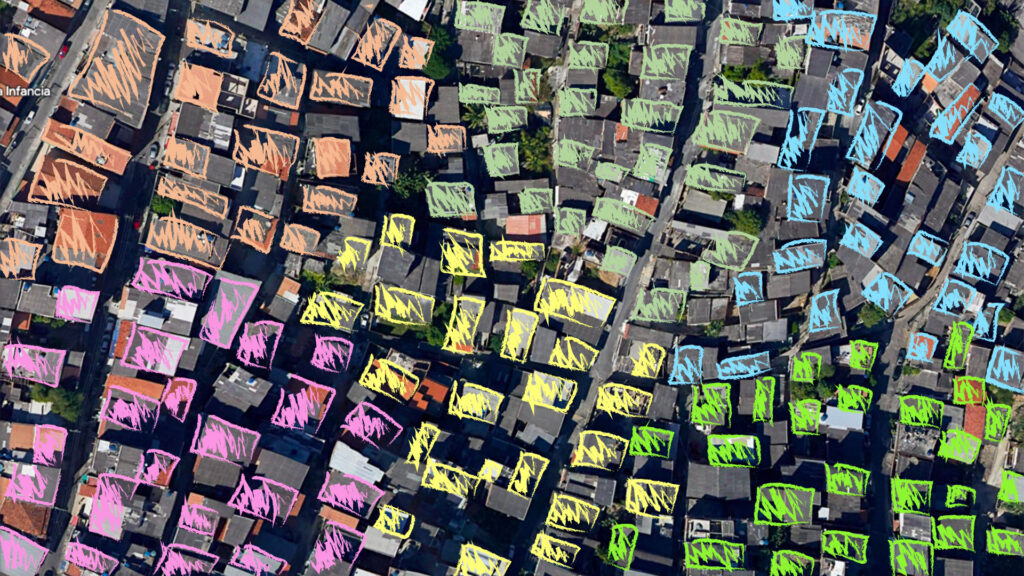The COPOLAD III cooperation program on drugs, within its line of action to address vulnerabilities at the territorial level linked to problematic drug use, is working with the countries of the region on community treatment proposals. In this line, a training course on ECO2 Community Treatment has just been launched. A total of 172 participants from 20 countries in Latin America and the Caribbean are taking part in the course, which addresses the ECO2 community treatment methodology.
What is it about?
The online training seeks to improve care for people affected by problematic drug use, through the landing in neighborhoods and communities. The basis of this methodology is to provide care based on the capabilities of the various territories and has been successfully developed in several countries in the region. The training consists of 10 modules that illustrate the process, tools and working methods of Community Treatment and will last from October 2 to December 31.
It integrates a theoretical part and a practical part (elaboration of a territorialization plan, from the perspective of Community Treatment). For the practical grounding, there is an extensive network of tutors who will accompany the process. There is also an online monitoring tool, where progress is recorded.
Why is it taught?
COPOLAD III is a cooperation program that seeks to improve evidence-based policy practice, and disseminates good practices that have proven success. The strategic objective of this training experience is to build and train a team in each country with the knowledge and skills to implement territorialization processes from the perspective of Community Treatment.
Who participates?
The course is given by the American Network of Organizations for Intervention in Situations of Social Suffering (RAISSS) is a network of national networks that brings together social organizations, which intervene in situations of social suffering (Drugs, HIV, Prisons, Street Situation, Children in vulnerability, etc.) in local communities, the activities developed on the basis of the methodology of community treatment model ECO2.
Among the participants, per country, there is a minimum of 5 people from the public administration involved, with a heterogeneous profile: responsible/representatives of treatment areas, technicians of demand reduction departments, analysts, program and project coordinators, etc. Most of them are representatives of public institutions, although there are also members of civil society.
After the end of the course, and throughout 2024, the second phase of the practical intervention will be developed: development of territorialization plans in the participating countries.







